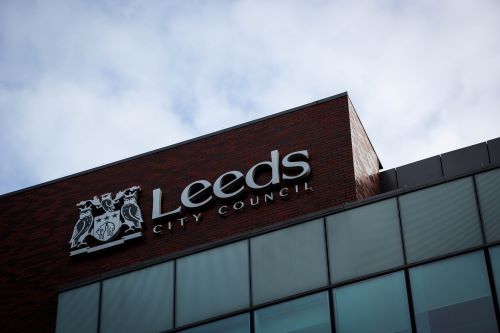 In October last year Ben Bell was elected to be Mayor of Gore District Council by 8 votes. He is New Zealand’s youngest mayor ever. In this rural and largely conservative district Bell positioned himself as the "change" candidate. He reached out to young voters via social media and canvassed older voters through the RSA and other organisations.
In October last year Ben Bell was elected to be Mayor of Gore District Council by 8 votes. He is New Zealand’s youngest mayor ever. In this rural and largely conservative district Bell positioned himself as the "change" candidate. He reached out to young voters via social media and canvassed older voters through the RSA and other organisations.
There had been little change in the leadership of the Council for many years. Tracy Hicks had been the previous mayor for 18 years. Steve Parry has been Chief Executive of the Council for over 20 years. In unusual circumstances, it is understood that Parry’s employment was agreed to be extended by the previous Council just days before the local body elections last year.
There have been reports that the working relationship between the mayor and the Chief Executive is broken. Reports say that the pair have not spoken in months. Media images show the Chief Executive turning his back on the mayor in a Council meeting.
One side suggests a vendetta or bias on Bell’s part. His mother used to work at the Gore District Council. Her employment ended last year with a legal dispute that cost the Council more than $300,000 in legal fees alone. The other side cites a select few of the ‘old guard’ on Council and a toxic workplace with a culture of bullying going back many years with a string of employees exiting with severance payments.
The relationship within the Council appears just as fractious. Last week the Gore District Council backed away from its push to vote on a motion of no confidence in Mayor Bell. But this is unlikely to be the end of the friction that exists within the Council.
While elected to lead the Council, under the Local Government Act the mayor has few powers. The mayor has the power to appoint the deputy mayor, to establish committees of the territorial authority and appoint the chairperson of each committee established.
The Chief Executive is the principal administrative officer of the local authority and is appointed by the local authority (the Council). In business terms, the Council is the governance body setting strategy and overseeing its implementation. The Chief Executive leads the management of the business, implementing the strategies to achieve the outcomes approved by the governance body. The Council is the Chief Executive’s employer.
Typically, the Chief Executive works very closely with the mayor. Good faith and trust and confidence lie at the heart of the employment relationship. It is reported that Parry said in March that the pair had “a very strained relationship” and “trust has eroded significantly.” Parry explained that “the issue has been the mayor’s preference to take advice from others – and earlier offers of assistance were rebuffed”.
It is understood that the parties agreed to try mediation to resolve the issues; and that an intermediary was appointed so that the mayor and Chief Executive did not have to meet directly. None of this appears to have been successful. It is reported that the Chief Executive is currently on “leave”.
A petition is circulating in Gore calling on the Chief Executive to resign. Prior to that the deputy mayor and another councillor requested the mayor resign.
There is little hope of resolving the impasse unless the Council unites with a common purpose of resolving the working relationship between the mayor and the Chief Executive. Failure to unite means that the Chief Executive will not be able to be held to account. One side will say the Chief Executive has been doing a good job, the other side will say that there are issues that need to be addressed. That means the Chief Executive is likely to be able to serve out the balance of his term of his employment. If the previous six months are any indication, this is unlikely to serve the Gore District well.
If the Council is able to unite, the Council has far more options. It could lead to an improvement in the working relationship whereby the mayor and the Chief Executive are able to work professionally together for the benefit of the Gore District. If the relationship is so damaged, it provides avenues to explore the usual employment law avenues to hold an employee to account; trust and confidence, misconduct or serious misconduct, bringing the employer into disrepute, incompatibility.
Age should not be used as an argument in the resolution of the Council’s woes. The youth of Bell should not be used as a basis of criticism, nor the age and length of service of Parry. There are good reasons why discrimination on the basis of age is unlawful both under the Human Rights Act and the Employment Relations Act. They should be judged on their achievements (or lack thereof). As should the Council and its councillors. None of these distractions seems to be serving the Gore District well. Read more...

